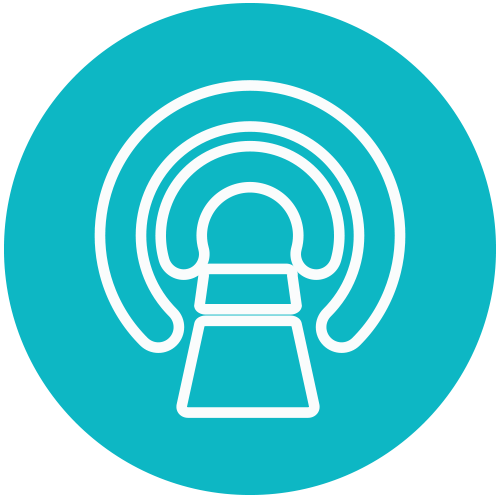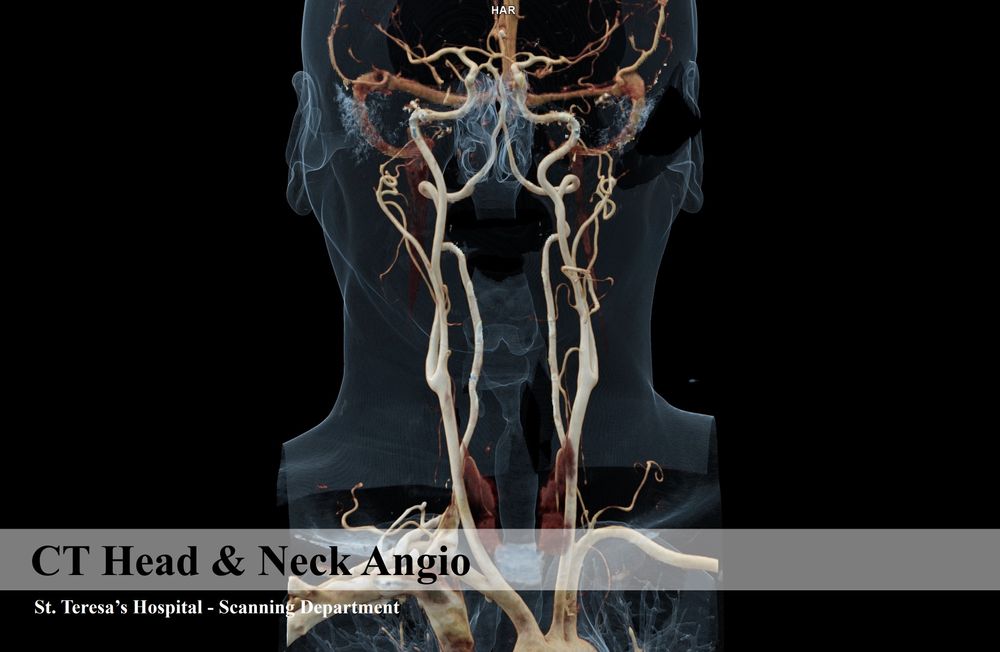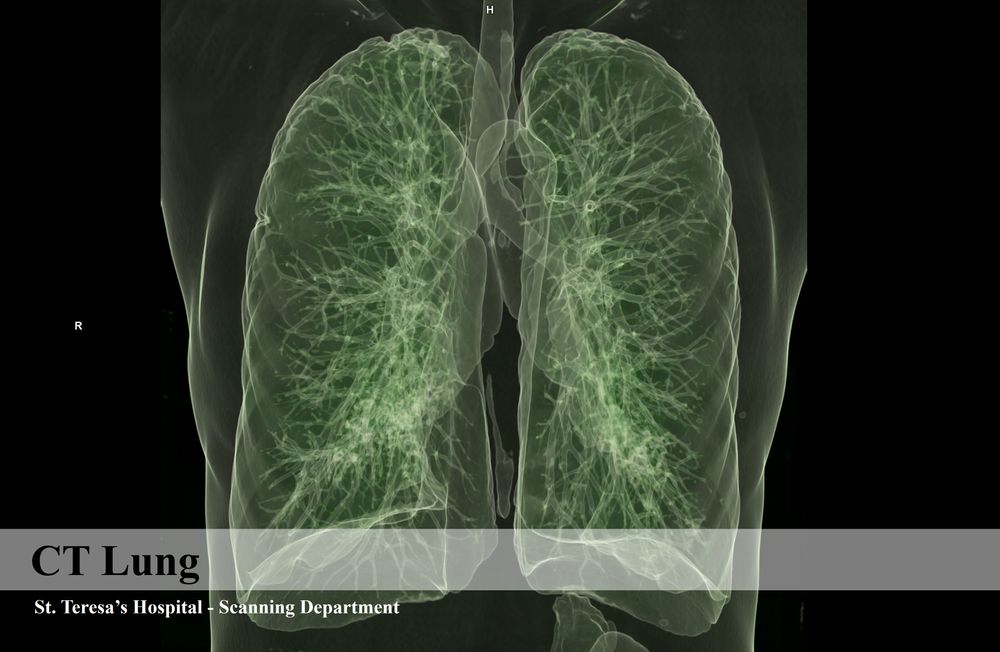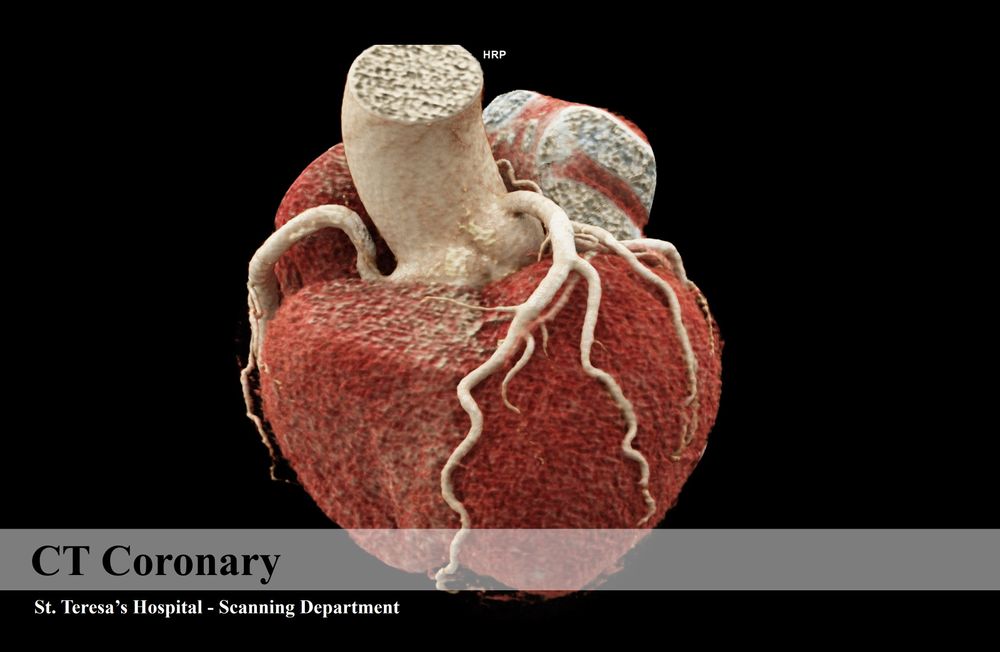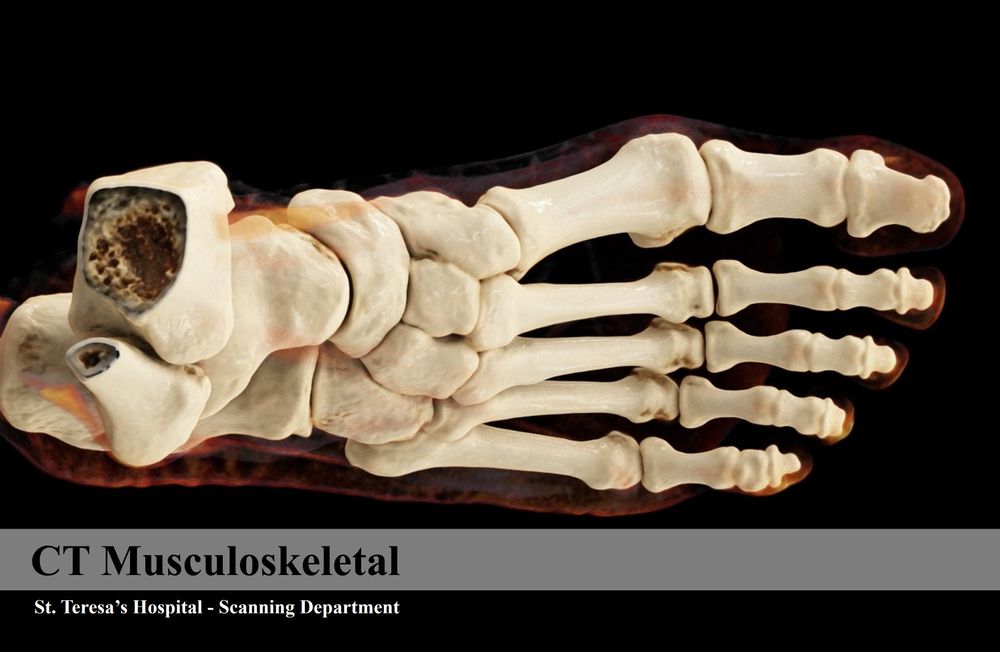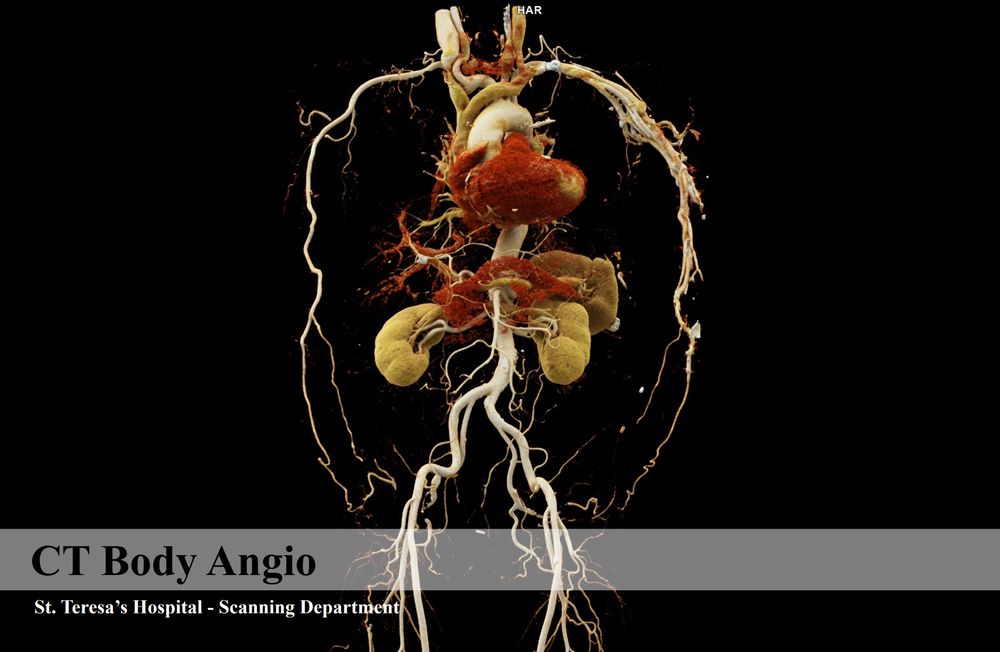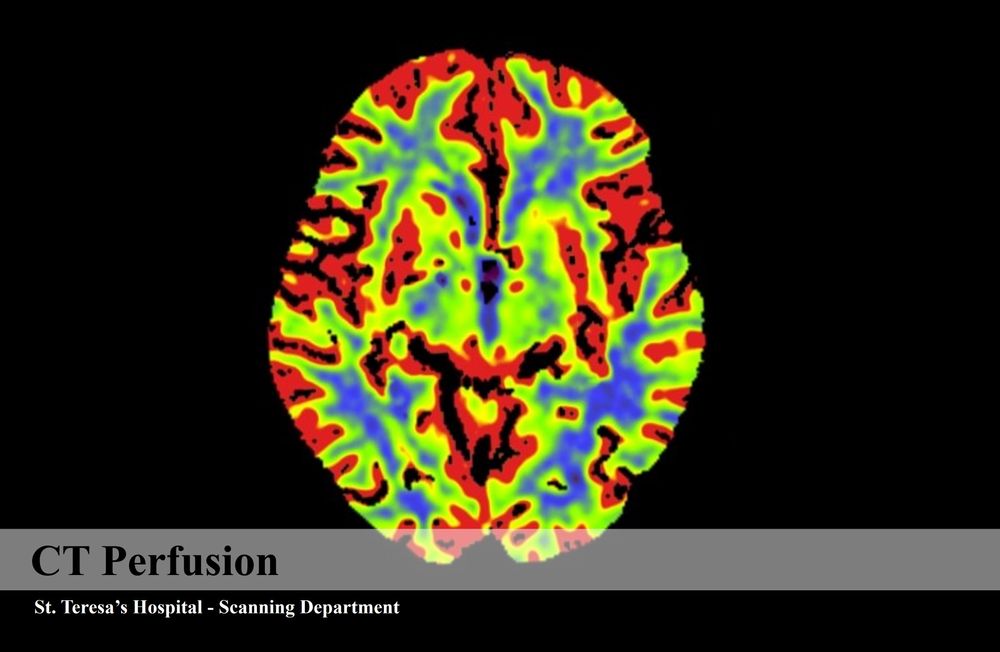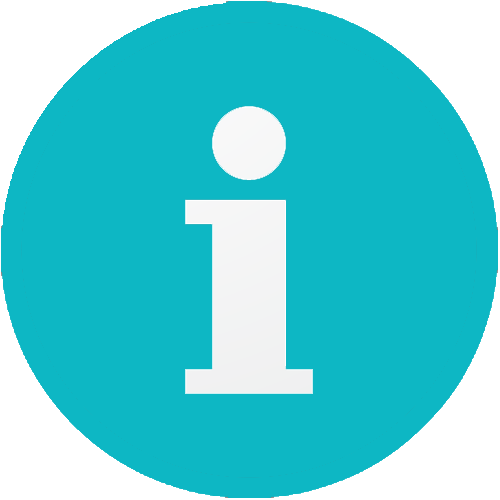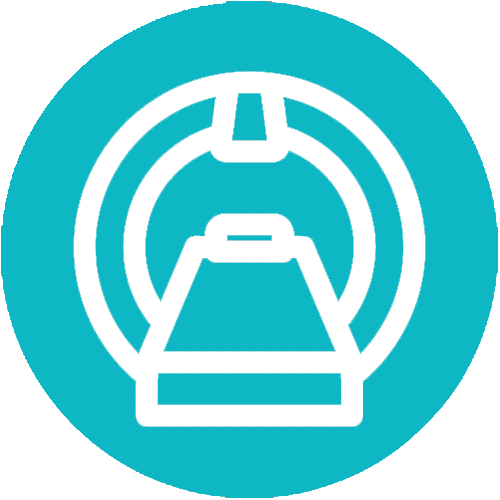CT
What is Computed Tomography (CT)?
Computed Tomography (CT) is a specialized X-ray examination which provides cross-sectional information of the human body after high-technology computer manipulation.
CT • Preparation & Procedure
PATIENT INFORMATION FOR CT EXAM
General information
- Take medications as usual unless instructed otherwise.
- Fasting for 4 hours before exam may be required, depending on exam regions (except medicine).
Information for exam with contrast injection
- Please inform your doctor and our staff if you have allergic history to iodinated contrast. Steroid cover before exam may be advised.
- For patients who are diabetes or with renal impairment, blood creatinine level should be checked within 2 weeks before exam.
Information for female of childbearing age
- Please inform your doctor and our staff if you are/may be pregnant or if you are breast-feeding before the exam.
- The date of your last menstrual period (LMP) will be asked for our record.
Information for infants / children (who require medication for sedation)
- Wake them up early on the day of exam.
- Please keep them awake 4 hours before exam.
- Fasting for 4 hours (except water) before exam (skipping 1 meal for infants).
Information for patients under the age of 18
- Need to be accompanied by parent or legal guardian for examination.
- The written consent form must be signed by parent or legal guardian.
- Please bring patient’s birth certificate or relevant identification document for registration.
Information for specific exams / procedures
CT Abdomen
- No food for 4 hours prior to exam.
- May need to drink a lot of water right before and during exam.
CT Coronary Angiogram
- Refrain from strenuous exercise, smoking or intake of alcohol, coffee, tea or coke 12 hours before the exam.
- Beta-Blocker may be prescribed to slow down your heart rate before the exam if indicated.
- The whole procedure may last for 1-2 hours.
CT Guided Interventional Procedure / Operation
- Referring doctor may arrange blood test to assess your bleeding tendency i.e., clotting profile. Any abnormality detected may need to be corrected before the procedure.
- Please inform doctor if you are taking medication that affects blood coagulation (anticoagulant/ antiplatelet), such as Aspirin, Plavix, Warfarin, Xarelto, Pradaxa, Eliquis and Lixiana, etc.
- Please inform doctor before the exam if you think you are/may be pregnant.
- Fasting for 4 hours before examination (except medicine).
- Read the information leaflet and sign a written consent.
REGISTRATION
- Arrive at Scanning Department at appointment schedule.
- Present the following documents to Front Desk for registration.
- Doctor’s referral letter
- Appointment Sheet (if any)
- Identification document, e.g. HKID card
- Previous imaging reports, DVDs and films (except those examinations completed in Scanning Department)
BEFORE CT SCAN
- Meet our nurse / radiographer to review medical history and explain procedures.
- Get changed into hospital gown and take off all personal possessions (e.g. watches, jewellery, hairpins, mobile phones, etc.).
- This session takes about 15-30 mins before exam.
DURING CT SCAN
- Entire scanning procedure is conducted by our well-trained radiographers.
- Lie on the scanner table and stay still throughout the exam.
- The table carries you slowly into the scanner gantry.
- Intercom system and call bell are available for communication.
- Intravenous or oral contrast medium may be given if needed.
- Exam takes about 15-30 mins.
AFTER CT SCAN
- If intravenous contrast is given in the exam, you may be asked to stay for about 20 mins for any adverse reactions.
- Resume your usual diet and activities unless your doctor advises you differently.
REPORT & FINDINGS
- Our radiologists interpret the images and issue an imaging report to your referring doctor.
- Your referring doctor explains the findings and diagnosis to you.
CT • FAQ
Q: Do I need contrast injection for a CT examination?
A: According to the examination requested by the doctor and the clinical indication, some patients will be given an intravenous injection of contrast medium to better define the blood vessels and to accentuate the appearance between different tissues e.g. abdominal aortogram, liver cancer and lung cancer.
Q: Are there any side effects after contrast injection?
A: Iodinated contrast media are commonly used in radiological investigations. They are generally safe although adverse reactions are occasionally encountered.
A) Acute Adverse Reaction
Acute adverse events can be categorised as either allergic-like or physiologic. Allergic-like reactions often occur immediately or within 20 minutes after contrast injection. The severity of acute adverse reaction can be defined as mild, moderate and severe.
- Mild reactions
Mild reactions are self-limited and usually no medical management is required, such as limited urticaria, itchiness, erythema, nausea, mild vomiting, sneezing, coughing, warmth, chills, rhinorrhea, etc.
- Moderate reactions*
Reactions namely marked urticaria, mild bronchospasm, facial edema, laryngeal edema, shortness of breath, wheezing.
- Severe reactions*
They are often life-threatening, such as hypotensive shock, respiratory arrest, cardiac arrest, arrhythmia, convulsion, death.
* Acute moderate or severe adverse reactions usually require medical treatment. A mild reaction may develop into a more serious reaction and can even cause serious harm. Nevertheless, our staff are professionally trained and well equipped to recognise and manage the contrast adverse reactions properly. Patient will be asked to rest in a medical environment for at least 20 minutes after contrast agent injection.
Please inform referring doctor and our staff before examination if the patient has previous history of allergy to iodinated contrast medium. Steroid premedication may be advised before the scan.
B) Delayed Adverse Reaction
Delayed adverse reactions may occur from one hour to up to one week following contrast medium injection. These are commonly skin reactions and include urticaria, rash and itchiness. Rare delayed reactions include iodide “mumps” and acute joint pain. Most of the late reactions are skin reactions which include maculopapular rash, angioedema, urticaria and erythema. (Skin reactions are often mild to moderate and self-limited.)
C) Other
Contrast extravasation – Extravasation of contrast media is a potential complication that has an overall incidence of less than 1% and is due to leakage of contrast media to soft tissue adjacent to the injection site. Extravasation of small amount of contrast media may result in swelling and/or pain, and is commonly self-limited. More severe injuries may result in skin ulceration, tissue necrosis and compartment syndromes. It is important to let our staff know immediately if there is unusual discomfort or pain at the injection site during or after contrast injection.
Q: Can I have a CT scan if I am PREGNANT?
A: Radiation exposure in a CT examination is minimal for adults and should produce no effects, but NOT for fetus in pregnant women. Tell your doctor and our staff if you think you are pregnant or may be pregnant as the CT scanner uses x-rays which might cause radiation hazard to fetus.
Q: Can I have a CT scan if I am BREAST-FEEDING?
A: Breast-feeding after the injection of iodinated contrast medium is safe as only 0.5% of the maternal dose is excreted into breast milk. Concerned mothers may discard breast milk for 24 hours after injection to eliminate fetal exposure to contrast medium.
Q: Do I need to provide a requisition form from my doctor for a CT scan?
A: Yes, a requisition form signed by your doctor will provide us with your necessary clinical information; and we will tailor the examination accordingly.
Q: Why do you need my previous X-Ray, CT, MRI and other imaging scans?
A: The more information that our radiologist has when he reviews your study, the more specific the interpretation will be. Correlations with other studies are often helpful.
Q: How will I get the CT examination results?
A: After completion of the CT scan, radiologist will interpret the CT scan and issue an imaging report to the referring doctor who will then explain the findings and diagnosis.

